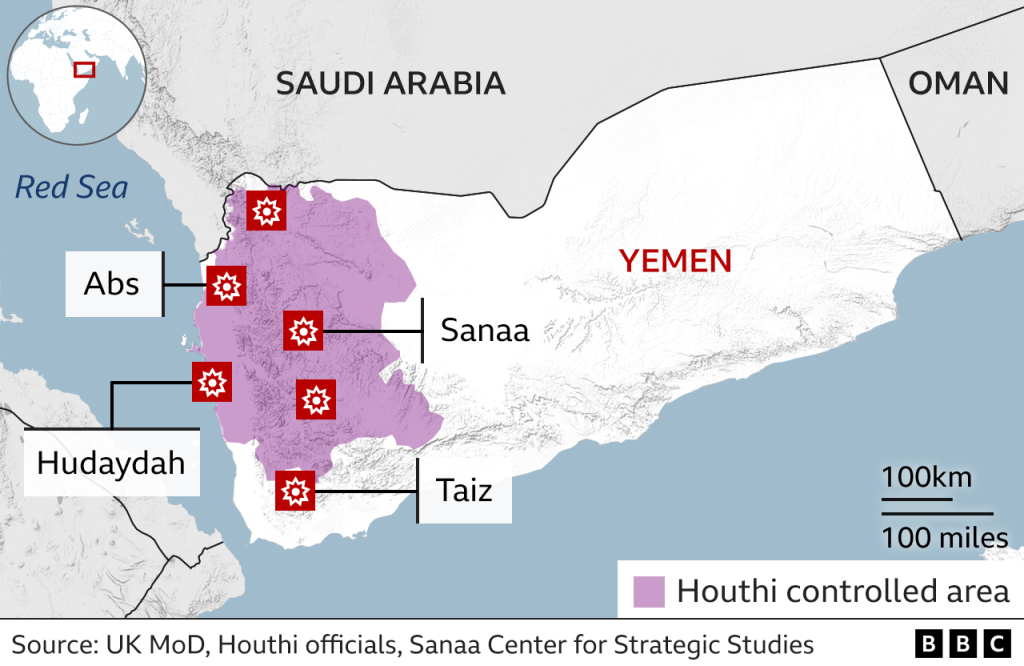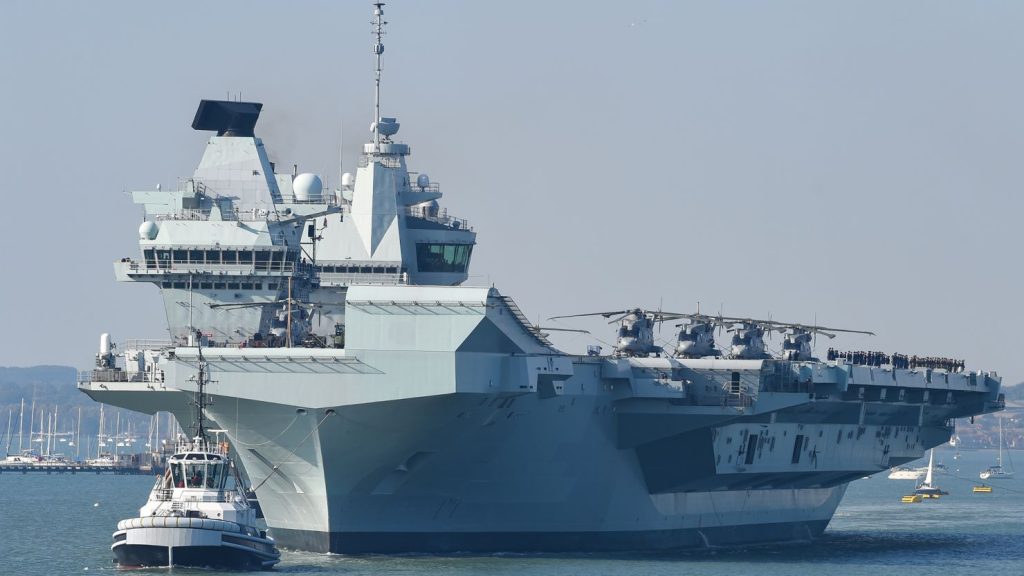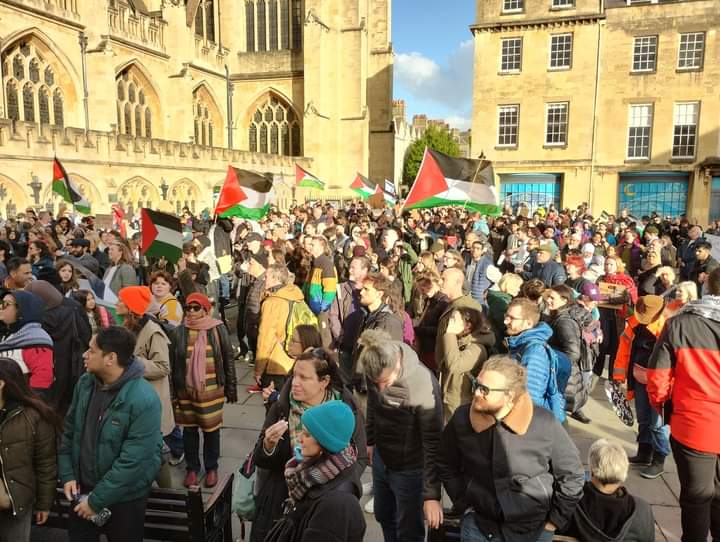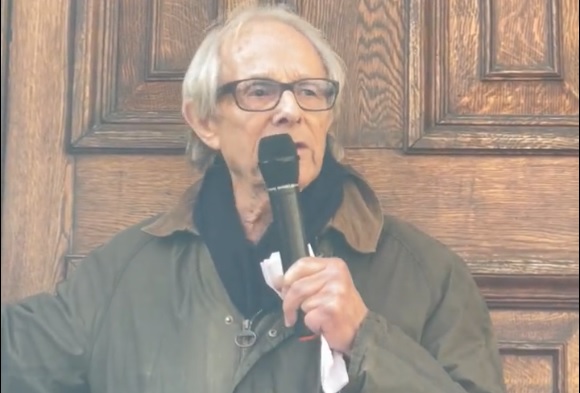By Harry Mottram: The world appears to be inching towards a global conflict following the horrors of the October 6th massacre of civilians and military personal by the Hamas led military in Israel. The subsequent seizing of hostages and the Israel Defence Force (IDF) or army’s invasion of Gaza has escalated into a wider conflict with Lebanon, Hezbollah in Lebanon, Syria, Iran, Iraq, the United States of America, Britain, Yemen, Houthi controlled north western Yemen, Jordan, Australia, Bahrain, Canada, Denmark, the Netherlands, and New Zealand with other nations such as Egypt, Saudia Arabia, Pakistan, Turkey and even Cyprus in danger of being sucked into the crisis.

The current international dimension centres on the Red Sea and the Gulf of Aden where some 15% of the world’s sea born trade passes through the narrow straits linking with the Suez Canal where shipping has been subject to attacks from the Houthi military authorities. The reason is the Houthi Government has aligned itself with the Hamas authorities who are battling the IDF in a desperate war of survival and they have vowed to attack shipping that are from nations supporting or supplying Israel until a cease fire in Gaza is declared. In retaliation and on the premise of upholding international maritime law the USA led coalition featuring the UK and with support from Australia, Bahrain, Canada, Denmark, the Netherlands, and New Zealand have hit the Houthi military with rockets, missiles and air strikes. The idea is to silence the Houthis but so far that hasn’t happened as their attacks have continued.

Bath University’s Dr Patrick Bury – a defence and security expert and a former NATO analyst has been appearing on the BBC News channel to put in context what is going on in the Red Sea. He told the BBC that he believes the key problem for the US and UK is if Iran decides to “keep supplying missile systems and radar to the Houthis as they get destroyed. That becomes much more difficult for the allies to stop.”

What the US and UK are trying to do is “destroy enough of the stuff coming in to signal to Iran” that it’s not worth trying to supply the Houthis,” Bath’s Dr Patrick Bury explained to views.
He said: “The next play isn’t so much about the Houthis, who I think are very difficult to get to back down, but is more about Iran. Negotiations towards a ceasefire in Gaza could take some of the oxygen out of the flames which are starting to burn across the region.”

The academic said this would both give Iran a reason to tell their proxies to cool off their attacks, while maintaining its show of strength. Dr Patrick Bury is a Senior Lecturer in Security at the PoLIS department, specialising in warfare and counter-terrorism. He has 20 years’ experience of working in the security sector as a practitioner, analyst and academic. A former British army Captain and NATO analyst, he has appeared regularly on BBC News and across the media both here and abroad while also penning articles for The Irish Times, and The Guardian and The Independent, amongst others.
He joined the university in 2017 and reminds the world that in him Bath has a respected expert who can comment on military and geo political conflicts across the world.

In Bath there have been a number of well attended demonstrations calling for a ceasefire in Gaza – which would mean the the IDF ending their offensive – which together with the Israeli air force as led to many thousands of deaths with a large proportion of children, women, elderly and other innocent people including journalists, medical staff and aid workers. It is this large scale loss of life together with the destruction of infrastructure that has led to the calls for a ceasefire as thousands of people in Gaza are starving, have no fresh water or shelter – and the medics are overwhelmed with the casualties of the war. In Israel in particular the calls for a cease fire are coupled with demands that their Government negotiates with Hamas in order to gain the freedom of the remaining hostages taken on October 7th, 2023, and thought to number more than 100.
Bath Campaigns Network, Bath University Islamic Society and Bath Friends of Palestine have been behind a number of these demonstrations which have been echoed in London and other cities across the world as the humanitarian crisis in Gaza grows.

Bathonian film director Ken Loach addressed a demonstration in Bath city centre in November protesting against the ongoing conflict in Gaza and Israel. He called for negotiations to enforce The Rule of International Law; respect for Human Rights and Geneva Convention; a return to the original borders; forcible removal of settlers; and proper negotiations for a secure future.
A note from the editor Harry Mottram: the conflict in Gaza and also in the Red Sea is a highly controversial and complex situation and has led to extreme opinions on all sides – with the civil war in Yemen also a major factor and humanitarian crisis to add to the woes. This story is about two strands of opinion that come from Bath which adds to the national and international debate on how and why the conflict is developing and that hopefully will see peace restored soon.
Your views to the Editor at news@bathvoice.co.uk

Bath Voice Monthly Newspaper is distributed free to thousands of homes and some supermarkets – distributed from the first of the month. Harry Mottram is the News Editor
Email him at news@bathvoice.co.uk Bath website: https://bathvoice.co.uk/news/
Bath Facebook: https://tinyurl.com/bdtf2kep Also on Twitter: https://twitter.com/bath_voice Read the newspaper online at :https://issuu.com/bathvoice To advertise to thousands of Bathonians call Erica on 07402 441485 or email her on erica@bathvoice.co.uk
Harry Mottram is a freelance journalist. Follow him on Facebook, LinkedIn, Twitter, Instagram, YouTube, Pinterest, Telegram, TikTok and Email:harryfmottram@gmail.com
Website:www.harrymottram.co.uk Mobile: 07789 864769


